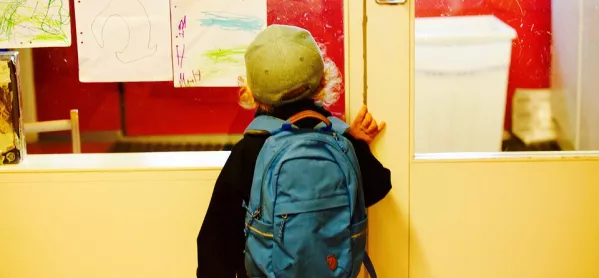A campaign has been launched today to help parents to withdraw their children from controversial national tests in Scottish schools.
Scottish National Standardised Assessments (SNSA) were run for the first time in 2017-18, at P1, P4, P7 and the third year of secondary school, and the impact on the youngest pupils has caused the most controversy.
Campaigning group Upstart Scotland will from today provide parents of P1 children with postcards to hand into schools, asking for their children to be opted out of the tests. The campaign is being supported by other national organisations including the EIS teaching union, Children in Scotland, Play Scotland, Connect (formerly the Scottish Parent Teacher Council) and ACE-Aware Nation.
Upstart has also released a two-minute animated video on social media, explaining the background its Play Not Tests campaign.
Upstart Scotland chair Sue Palmer said: “Wherever national standardised testing has been introduced, it has narrowed the curriculum, encouraged teaching to the test and caused anxiety among children, parents and teachers.
“This is particularly damaging during children’s early years. Due to Scotland’s extraordinarily early school starting age, our P1s will be sitting tests at an age when the overwhelming majority of European children aren’t even at school.”
Earlier this month, the Scottish government said it was conducting a “user review” of the first year of the SNSAs and would soon publish details of any changes.
Today, a government spokesman said: “Assessments are not a new concept and the vast majority of local authorities have been carrying them out for years.
“The SNSAs ensure for the first time that all schools will undertake the same assessments, providing consistency and an important means for teachers to identify children’s next steps in learning.
“That is especially valuable in early years if we are to continue to close the attainment gap.”
He added: “We see the assessments as an integral part of everyday learning for children and young people.
“As we have said previously, parents should talk to their child’s school if they have queries about any aspect of learning and teaching.”




